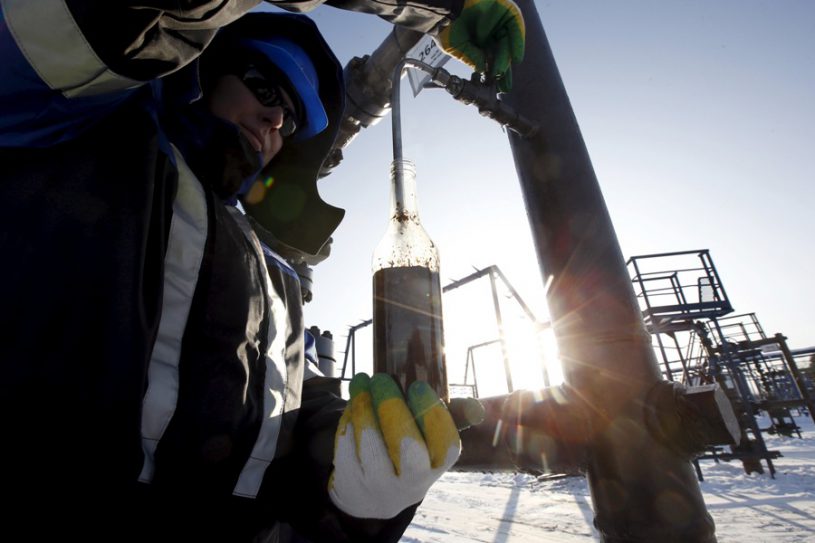IEA: Russian oil output to fall 1.4 mln bpd next year
Russian oil output is set to fall by 1.4 million barrels per day (bpd) next year after the European Union imposed a ban on crude oil exports to Russia, the International Energy Agency said

Russian oil output is set to fall by 1.4 million barrels per day (bpd) next year after the European Union imposed a ban on crude oil exports to Russia, the International Energy Agency said.
Moscow’s cutbacks will destabilize oil markets and increase pressure on prices, including diesel, the Paris-based energy agency said in its monthly oil report.
“The arrival of the EU ban on the import of Russian crude oil and the ban on maritime activities will increase the pressure on global oil prices, and, in particular, on the already strong diesel markets,” the IEA said.
“A predictable oil price may help reduce tensions, but tens of thousands of uncertainties and logistical problems remain… the level of uncertainty has never been greater.”
The EU will ban the sale of Russian oil from December 5 and Russian oil products from February 5, depriving Russia of oil revenues and forcing one of the world’s largest oil producers and exporters to seek other markets.
In addition, the G7 initiative, designed as an extension to the EU embargo, will allow shipping service providers to help export Russian oil, but only at lower prices. This will be effective again on December 5.
This means the EU will need to replace 1 million bpd of crude and 1.1 million bpd of oil products, with more scarce and expensive diesel at prices 70% higher than at this time last year while contributing to global inflation, the IEA said.
The agency said the resumption of global trade flows as Russia seeks to sell more oil to non-EU markets and as the EU buys from elsewhere could ease pressure on oil and products, but strong demand for smaller oil tankers could create problems.
“Competition for non-Russian diesel imports will be fierce, with EU countries having to charge loads from the US, the Middle East and India away from existing buyers,” the IEA said.
The IEA forecasts that the poor economic conditions will cause global oil consumption to contract by nearly half a million bpd in the fourth quarter of 2022 year-on-year, with demand growth slowing to 1.6 million bpd in 2023 from 2.1 million bpd this year.
A weak Chinese economy, weaker energy in Europe and a stronger dollar all weighed on consumption, the IEA said. But the agency slightly increased its forecast for Chinese demand growth for next year by 100,000 bpd to 15.7 million bpd.